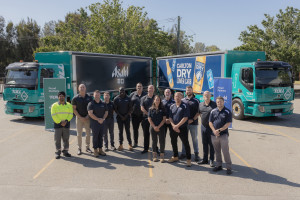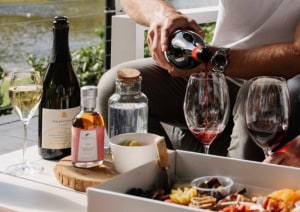OEMs can benefit from a process called “virtual commissioning” to spot errors before equipment is produced, according to technology giant Siemens.
Virtual commissioning involves creating a “digital twin” of a machine before manufacturing; according to Milan Bawa, business development manager at Siemens, the goal of this is to achieve faster commissioning by reducing mechanical and software errors.
“The ideology behind this technology is that an OEM should be able to virtually test the prototype of their machine before starting the physical build,” says Bawa. “The digital twin can be created as early as the design stage of the project, and involves all aspects of the production line in a virtual environment.”
The Australian market can benefit from virtual commissioning, as local OEMs are often under pressure to compete against global manufacturers with lower labour costs, better exchange rates, and more bargaining power with suppliers, says Bawa.
“The technology of digital twin will change the playing field for all local and global manufacturers, by providing the value of being able to perform ‘what if’ scenarios prior to manufacturing.
“The simulation process allows OEMs to analyse why errors are occurring, eliminate the root cause of the problem, and prevent unpredicted commissioning delays, therefore reducing their time to market,” he says.
When considering virtual commissioning, OEMs should ask themselves a number of questions to determine if the technology is the right fit for their business.
These include: if there is a need and opportunity to reduce commissioning times; what can be done to better control fixed costs and predict variable costs; if greater customisation can be offered to end users without incurring greater business costs; whether earlier and more accurate machine behaviour prediction would benefit the business; if additional value can be offered to end users; and if reducing time to market and commissioning costs, and offering predictive maintenance, would help the company gain a competitive advantage.





